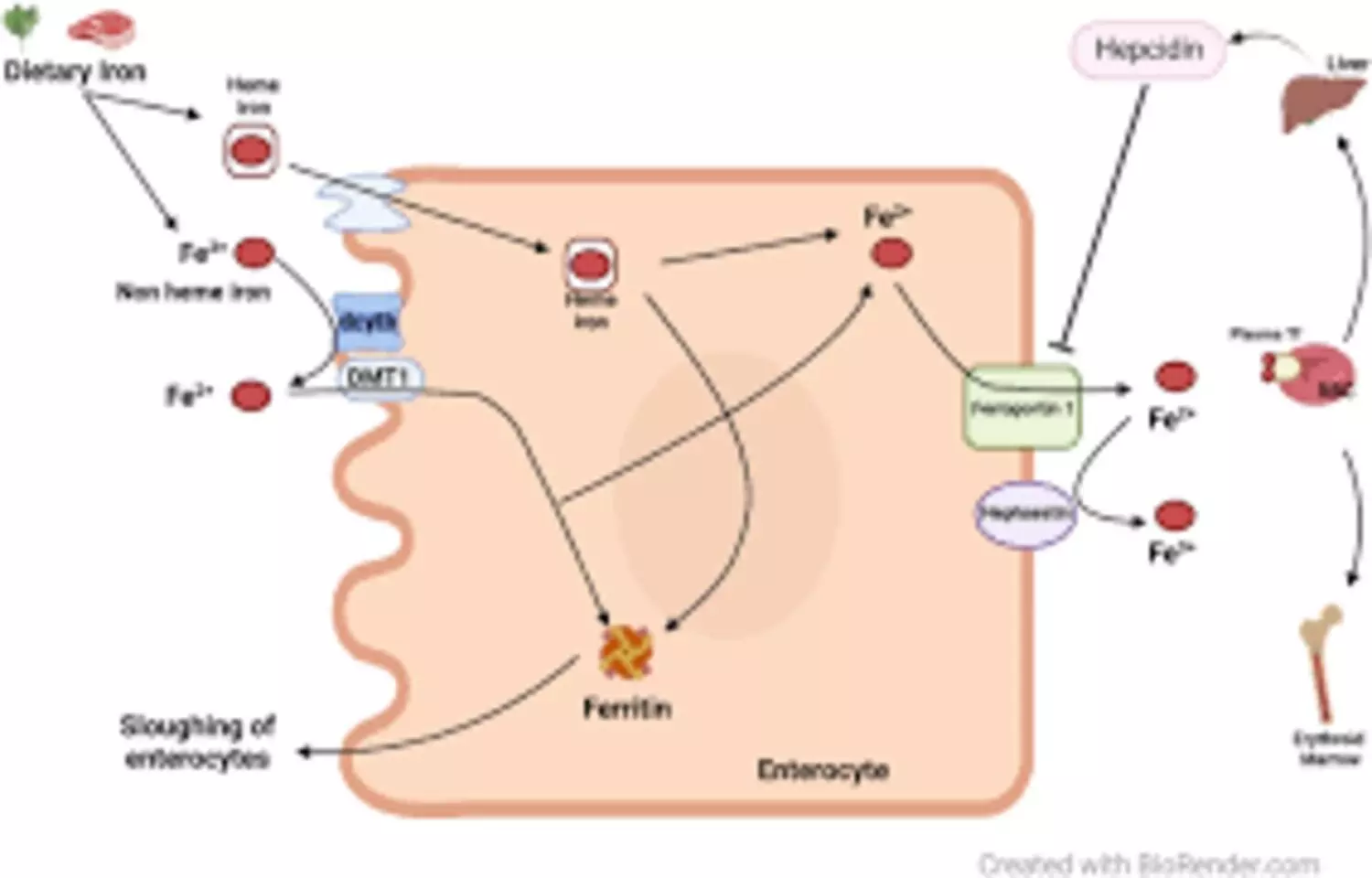Could Serum Ferritin Be Simple Prognostic Tool in Cirrhosis?
- byDoctor News Daily Team
- 04 November, 2025
- 0 Comments
- 0 Mins

A recent study by Alok Ranjan and colleagues, published inBMC Gastroenterology (2025), suggests that serum ferritin levels may serve as a simple and effective prognostic marker for complications in patients with cirrhosis. The retrospective cohort study analyzed cirrhotic patients and found that higher serum ferritin concentrations were strongly associated with an increased likelihood of hepatic complications. Patients with ferritin levels of 45 ng/mL or higher had nearly six times the odds of developing complications compared to those with lower levels. Additionally, ferritin concentrations tended to rise with worsening disease severity, peaking in patients classified as Child-Pugh B. The researchers also explored other factors that could influence cirrhosis outcomes. Hyponatremia and vitamin D deficiency emerged as independent predictors of hepatic complications, further reinforcing the multifactorial nature of disease progression. However, the simplicity and accessibility of serum ferritin testing make it a particularly attractive tool for early risk stratification. According to the study, routine measurement of ferritin could help clinicians identify high-risk patients who may benefit from closer monitoring or timely intervention, potentially improving overall management and reducing the burden of cirrhosis-related complications. From a clinical perspective, incorporating serum ferritin as a prognostic marker could enhance patient care by providing an easily obtainable laboratory measure that reflects disease severity and predicts future complications. The authors emphasize that while ferritin alone should not replace comprehensive assessment, it can be a valuable adjunct to established scoring systems such as Child-Pugh and MELD. By identifying patients at higher risk earlier, healthcare providers may be able to intervene proactively, adjust therapies, and improve patient outcomes. These findings highlight the potential for ferritin to become a practical, cost-effective tool in the management of cirrhosis. Keywords:cirrhosis, serum ferritin, prognostic marker, hepatic complications, Child-Pugh score, liver disease, risk stratification
Disclaimer: This website is designed for healthcare professionals and serves solely for informational purposes.
The content provided should not be interpreted as medical advice, diagnosis, treatment recommendations, prescriptions, or endorsements of specific medical practices. It is not a replacement for professional medical consultation or the expertise of a licensed healthcare provider.
Given the ever-evolving nature of medical science, we strive to keep our information accurate and up to date. However, we do not guarantee the completeness or accuracy of the content.
If you come across any inconsistencies, please reach out to us at
admin@doctornewsdaily.com.
We do not support or endorse medical opinions, treatments, or recommendations that contradict the advice of qualified healthcare professionals.
By using this website, you agree to our
Terms of Use,
Privacy Policy, and
Advertisement Policy.
For further details, please review our
Full Disclaimer.
Recent News
Eli Lilly plans to build new USD 3 billion facilit...
- 04 November, 2025
Rajkot Maternity Hospital CCTV Leak: How a simple...
- 04 November, 2025
Gland Pharma profit rises 12 percent to Rs 184 cro...
- 04 November, 2025
Daily Newsletter
Get all the top stories from Blogs to keep track.


0 Comments
Post a comment
No comments yet. Be the first to comment!